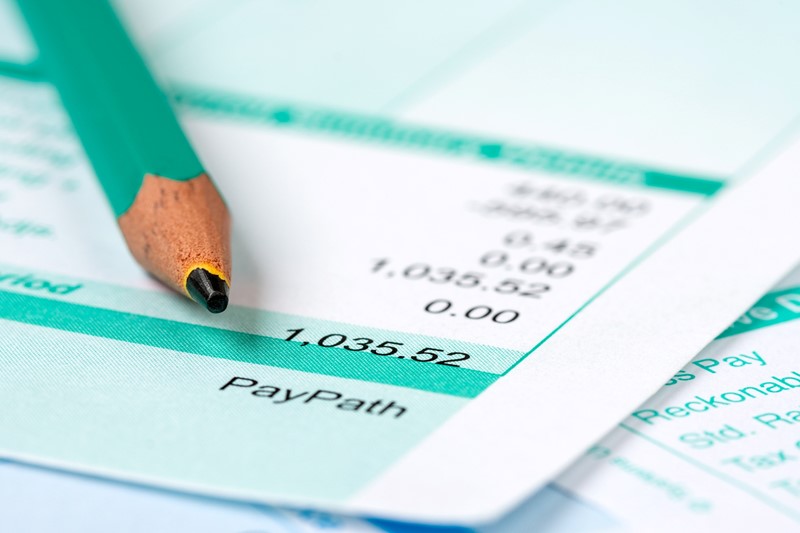From 1 February 2025, alcohol duty on draught pints has been cut for the first time in a decade, saving drinkers 1p per pint. Small breweries also benefit from tax relief. However, duty on non-draught alcohol has risen with inflation, impacting bottled and canned drinks.
Small alcohol duty cuts on draught pints came into effect on 1 February 2025. This change was announced as part of last year’s Autumn Budget measures. The change has seen a reduction in the alcohol duty rates for draught products below 8.5% ABV by 1.7% in cash terms (or 5.1% if compared to the baseline expectation that rates would be increased with the Retail Price Index). This is the equivalent of a 1p duty reduction on an average 4.58% pint and the first duty reduction on pints of beer in 10 years.
There has also been an increase to small producer relief to help small breweries to innovate and grow. Together these tax cuts are worth £85 million and are tailored to support the alcohol sector to innovate and grow.
Commenting on the changes the Exchequer Secretary to the Treasury said:
Our pubs and brewers are an essential part the fabric of the UK and our brilliant high streets. Through draught relief, small producer relief, and expanding market access for smaller brewers, we will help boost sector growth and deliver our Plan for Change to put more money in working people’s pockets.
In addition, mandatory duty stamps for spirits will come to an end from 1 May 2025. This will help distilleries, including Scotch whisky makers, badge their products, increasing their chances to sell their products through pubs and supermarkets.
On a less positive note, also from 1 February 2025, the government has increased the alcohol duty rates that apply to all non-draught products in line with Retail Price Index inflation.









